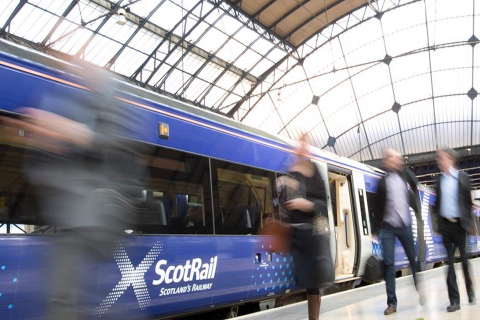Anger and little sympathy for UK’s high-speed rail delay

Controversy has followed the UK government decision last week to slow down the construction of HS2. Ironically, the high-speed railway project will be a slow-speed build, long into the next decade. The government in London say the move will help reduce ballooning costs. However, incredulous critics say that is contrary to accounting practice, which suggests the opposite will be the outcome. A protracted construction term, and a longer wait for revenue earning service, will lead to greater overall costs in the long term, they warn.
Want to read more?
You have read all of your free premium articles for this month. Please become a subscriber to keep reading.
Subscribe now!
Take advantage of our exclusive offer to get full access to all premium content.





When the tunnel boring machines start from the north-west at Old Oak Common station for Euston, there will not be much construction work to be perveived at Euston, apart from for the station itself.
Saving on the number of tunnel boring machines seems meaningful to me, i.e. using three of these machines on the six tunnel sections one after the other.